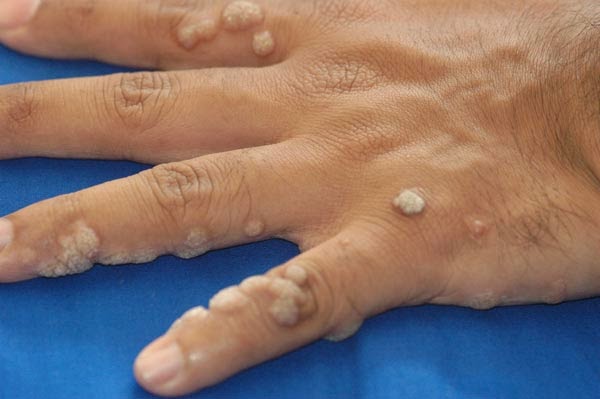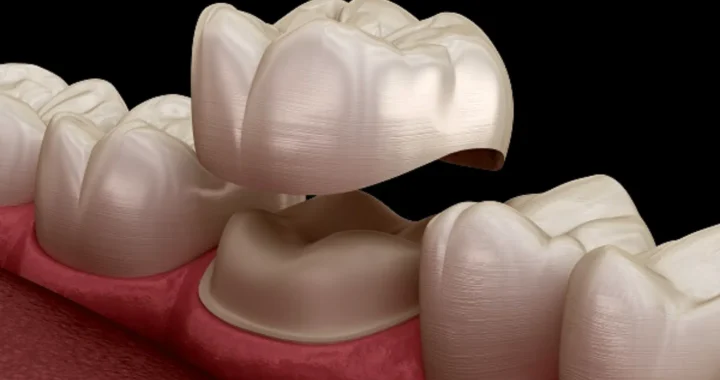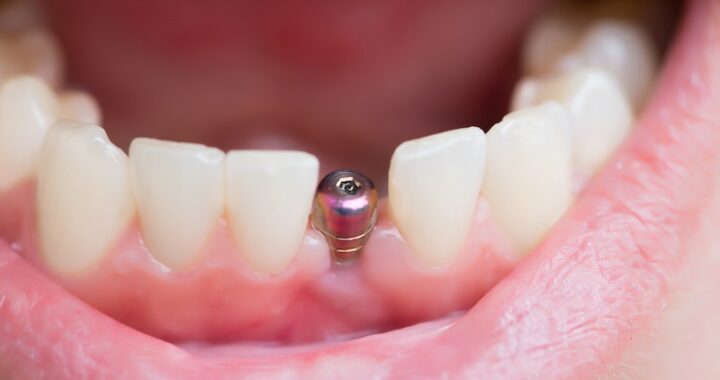Your Comprehensive Guide to Human Papillomavirus

There are over 200 strains of human papillomavirus; more than 30 can affect your genital area, including your vagina, cervix, vulva, penis, scrotum and anus. They can also affect your mouth and throat if you have oral sex with an infected person. Genital Orlando HPV infections are very common among sexually active individuals and often cause no symptoms. Most of the time, genital HPV strains are harmless and go away independently. However, some HPV strains are high-risk and can lead to cervical cancer, but early detection and treatment can prevent this.
What’s the relationship between HPV and cervical cancer?
At least 12 types of HPV can lead to cancer though the most common ones are types 16 and 18. These HPV strains can cause changes in the cells in your cervix – the opening between your vagina and uterus. The abnormal change in your cervical cells is called cervical dysplasia; if left untreated, this condition can lead to cervical cancer. If you are below 30 years and with an HPV infection, it is most likely to clear on its own. However, if you are 30 years or older, cervical screening is necessary; your provider also uses this test to determine how often you should get tested. Positive results mean you may be at a higher risk for cervical cancer and need frequent testing.
Regular Pap tests to screen for cervical cancer are important since they allow early detection and treatment. However, remember that having HPV or cervical dysplasia does not mean you will get cancer.
How does HPV spread?
HPV is highly contagious and easily transmitted through skin-to-skin contact with someone with the virus. For example, you can get genital HPV from having oral or anal sex with an infected person. Transmission of the virus occurs if your genitals, including the vulva, vagina, penis, or scrotum, come into contact with the body parts of an infected person. The virus can also spread through hand-to-genital contact, but this type of transmission is less likely, and there’s little research about it.
Many people with HPV do not know they have the infection, meaning they can pass it on to someone even with no signs and symptoms. Additionally, symptoms can develop years after having sex with an infected person, making it hard to know when you first got it.
How can I prevent HPV?
Abstaining from any form of sex is the only way to prevent HPV completely. But for many people, more realistic goals include reducing the risk of getting the infection and preventing cervical cancer. All these while enjoying a healthy sex life.
Getting the HPV vaccine before you become sexually active is the best way to protect against HPV. The HPV vaccine is approved for everyone from ages nine to 45; check with your provider if they recommend you get vaccinated. Getting screened and tested regularly is vital; your doctor will recommend a screening schedule that makes sense for you. Practicing safe sex can also reduce your risk of getting HPV.
If you have further questions about HPV, consult your doctor at Contemporary Women’s Care.


 Innovations in Health Screenings: Exploring the Latest Technologies in Clinic Services
Innovations in Health Screenings: Exploring the Latest Technologies in Clinic Services  Dental Crowns –Restoring Strength, Function, And Aesthetics.
Dental Crowns –Restoring Strength, Function, And Aesthetics.  One-Person Wonder: Making Waves in the Massage Industry in Gunma
One-Person Wonder: Making Waves in the Massage Industry in Gunma  How Cataract Surgery in Nashville Improves Vision and Quality of Life
How Cataract Surgery in Nashville Improves Vision and Quality of Life  Maintaining Oral Health: The Role of Dentists in Richmond
Maintaining Oral Health: The Role of Dentists in Richmond  How to Choose the Best Implant Dentist in Sheffield: A Guide
How to Choose the Best Implant Dentist in Sheffield: A Guide